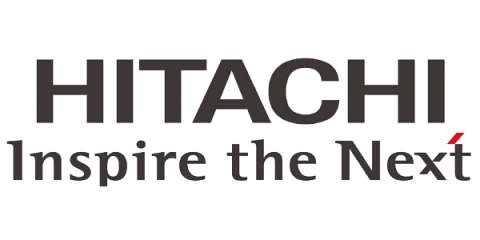The Global Health Crisis Is Accelerating Transportation's Need for Digital Transformation
The transportation industry has reached an inflection point – one in which nearly all forms of travel have been met with unprecedented challenges. Transit and airport revenues have been decimated with the lack of passengers, while freight and shipping companies have been overwhelmed with demand from an explosion of e-commerce orders. Despite facing unprecedented challenges, the industry is facing an equally unprecedented opportunity to innovate.




